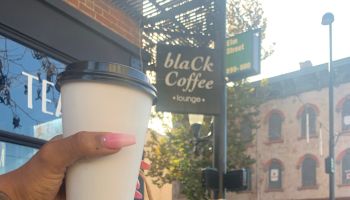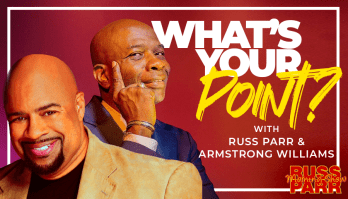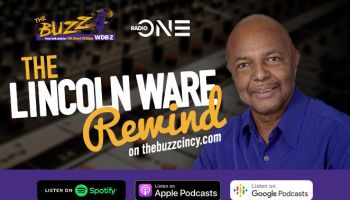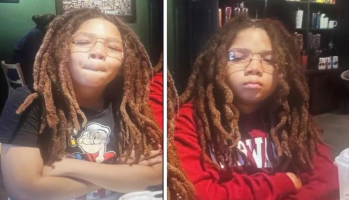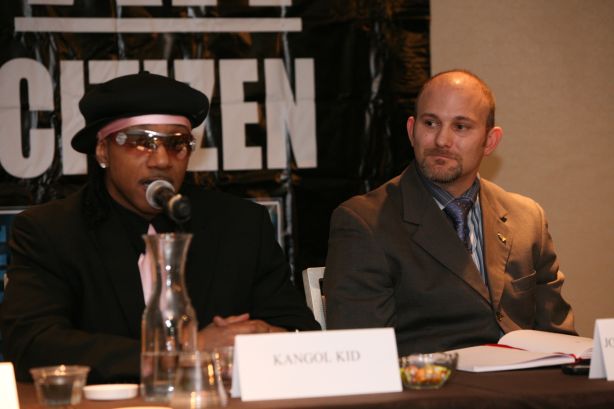
Last year, Diddy, Jay-Z, Dr. Dre, Birdman and 50 Cent topped Forbes’ list of Hip Hop’s Wealthiest Artists. Although all five men have undoubtedly had a huge influence on music, most of their earnings weren’t generated from what they were spitting in the booth. A bulk of the revenue that the artists brought in were from endorsement deals and partnerships, illustrating that hip hop has evolved from being an art form to a culture that’s worth millions of dollars.
The Rainbow PUSH Coalition’s 17th Annual Wall Street Project Economic Summit featured a panel called “The Business of Hip-Hop,” which explored the global impact of hip-hop culture.
Also See: Nicki Minaj Apologizes For Disrespectful Malcolm X Cover Art
The panel was moderated by George E. Curry, editor-in-chief of the National Newspaper Publishers Association News Service and featured panelists Maurice L. Coleman, senior vice president, Community Development Banking – CGB, Bank of America Merrill Lynch; Jaz-O, a legendary rapper and record producer; Stephen J. Sheinbaum, president and chief executive officer, Merchant Cash and Capital; Joshua M. Sneideman, educator fellow at the U.S. Department of Energy; entrepreneur Hasan Muhammad and rapper and hip-hop producer Kangol Kid.
Spoken word artist Brother Earl kicked off the panel with a piece that recounted the history of hip hop and his personal connection to the culture. Following his performance, the panelists delved into a discussion about how hip hip hop has emerged. Both Kangol Kid and Jaz-O drew the distinction between “hip hop” and “rap,” noting that rap just is one of the many elements of hip-hop culture.
The panelists discussed how social media has changed the relationship between artists and labels.
“Record labels are no longer into the business of developing artists anymore,” said Jaz-O.
Kangol Kid spoke on the topic of hip-hop artists and endorsement deals. He shared how, when he first came onto the music scene, Kangol wanted to sue him for using their name, but after the company realized that their sales were spiking in every city where he performed they decided to make him an ambassador for their brand.
Also See: Rainbow PUSH Coalition Honors Media Mogul Cathy Hughes
Joshua Sneideman discussed how hip hop should be utilized as an avenue to create social awareness. He said he believes that rappers should use their craft to build a sense of community and promote education. Maurice L. Coleman provided a business prospective of the industry.
“Other people are benefiting from the culture, accountants, stylists etc. The culture is still controlled by the majority,” he said.
Learn the Business Behind Hip Hop was originally published on newsone.com










